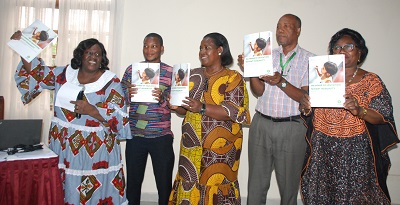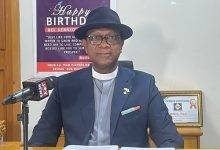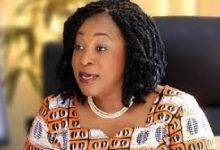
A research report on the power of education in fighting inequality has been launched in Accra with a call on government to invest in public education.
This, according to the report would increase the equality between women and men and would also help to tackle gender disparities in wages, poverty, reproductive autonomy and political power.
Findings from the report further revealed that, the more educated women were, the closer their earnings would be to those of their male counterparts.
The report, which was initiated by Oxfam, an international confederation, was aimed at increasing educational equality and quality to fighting economic and gender inequality.
Participants present at the event included civil society, stakeholders in the education sector as well as youth groups.
The report revealed that, bad policy choices in public education and the privatisation of services were increasing inequality, as the high cost of fees meant families had to make huge sacrifices with other basic necessities where, in some cases parents choose to invest their meagre incomes in some children and not others with girls and children with disabilities more likely to be left out.
Presenting the report findings with recommendations last Friday, Mr Zakaria Sulemana, Inequality Programmes and Campaign Manager at Oxfam International said the equitable use of funds in the education sector was of paramount importance to address barriers in the country’s educational system.
He noted that, increased investment in public education would be required to scale up the country’s educational delivery to enhance quality and equality.
Mr Sulemana urged government to ensure impartial teacher deployment, coupled with equitable spending on school infrastructure and learning inputs to help redress disadvantage in deprived areas.
Mr Charles Aheto-Tsegah, former acting Director General of the Ghana Education Service (GES) said inequality undermined the essence of education and stressed that inequality was avoidable or could be reduced.
He noted that before the introduction of the Free Senior High School (FSHS), there was low enrolment especially in schools in deprived areas.
Mr Aheto-Tsegah said in the era of Ghana beyond aid, there was the need for the country to benefit from tax waivers as was offered to businesses and urged government to ensure that, business organisations as part of their corporate social responsibilities, provided schools in areas they work to ensure the provision of education for all.
He further called on stakeholders in the sector to develop quality public education policy to help regulate and monitor private education institutions.
This, he noted, would ensure that private providers met minimum standards to ensure that educational freedoms did not lead to extreme disparities for some groups in the society.
BY ALLIA NOSHIE







